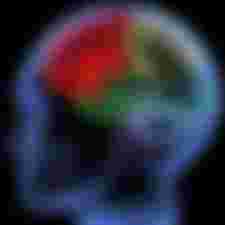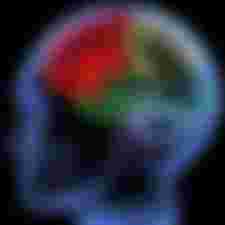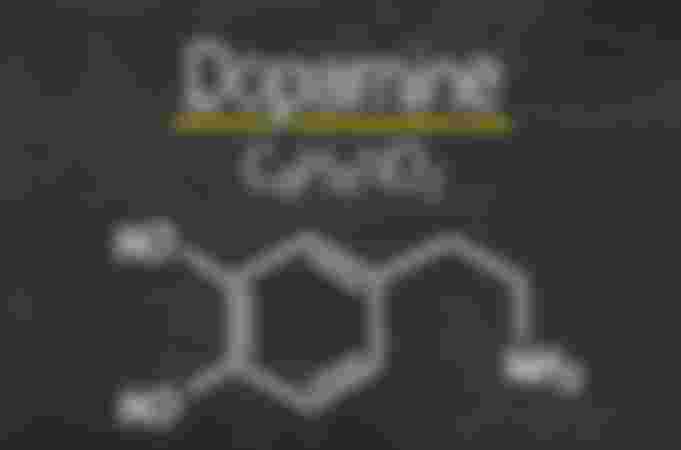Addictive drugs such as cocaine, cannabis, methamphetamine, nicotine, barbiturates, tobacco, heroin, etc are the world's most illegalized drugs. Though research has shown that they possess both medicinal and therapeutic properties.

The Brain is the central part of the nervous system that controls, receives, and sends information/signals, or stimulus from the different parts of the body, for a flee, fright, or fight action.
The brain is made up of over a billion nerve cells and endings, that are responsible for the take up of information that comes from the different parts of the body for processing.

The brain normally releases these hormones; dopamine, serotonin, oxytocin, and endomorphin. They are all neurotransmitters that serve different functions, in other to keep the functionality of an entire system going.
Dopamine is associated with movement, learning, attention, and the pleasure/reward system of the brain. Serotonin is associated with how big or small one's appetite gets, and also tissue repair.

Oxytocin stimulates breast milk production, and also induces labor, while endorphins help with the metabolism of macronutrients. These hormones are released to the different organs or tissues they need to act on.
There are receptor sites (which can literary be called locks or receiving end) on every organ that receives the hormone each time the hormone is released. But these receptor sites are not invincible to damage or death.

Normally, those receptor sites will weaken or die off as one ages. But When an addictive drug is taken according to a publication by the National Institute on Drug Abuse, "they interfere with the normal communication process.
For example, cocaine acts by binding to the dopamine transporter, blocking the removal of dopamine from the synapse. Dopamine then accumulates in the synapse to produce an amplified signal to the receiving neurons. This is what causes the euphoria commonly experienced immediately after taking the drug".

The accumulated dopamine caused by the addictive drug blocking its removal from the synapse (junction between one end of a neuron and another neuron(nerve cell), muscle, or gland) is constantly interacting with the receptor sites located in the brain.
When the interaction becomes persistent, the receptor sites and the synapse get overwhelmed and soon enough start dying off, and this can cause depression. PS: since the receptor sites are located in the brain, they are also brain cells, hence what is referred to in this article. I hope you learned something.





Woah Woah Woah!!! Hold the boat. You can't take the effects of other addictive habits and apply them to THC in the same way. This is because our brain has sensors to mitigate the THC. See https://www.google.com/url?q=http://headsup.scholastic.com/students/endocannabinoid&sa=U&ved=2ahUKEwjajquj4YXuAhWPGVkFHbBSAQwQFjAAegQICBAB&usg=AOvVaw23GHW_XkAJBTBnJ_o--Isy ... I will post more sources if interested.